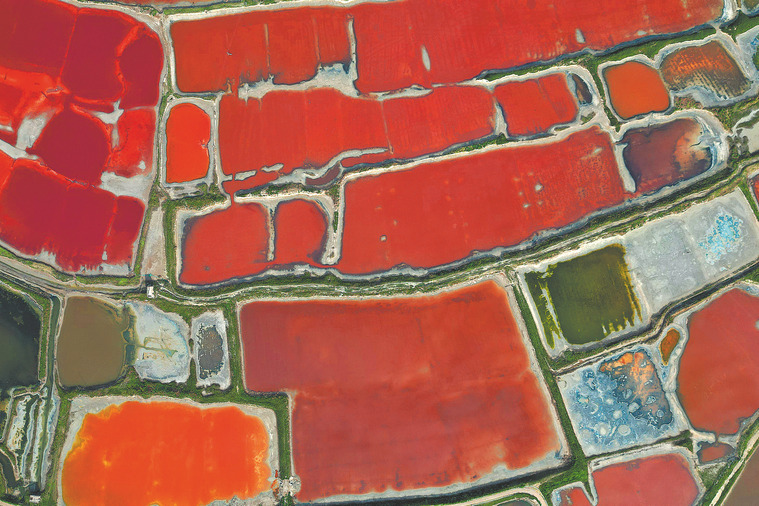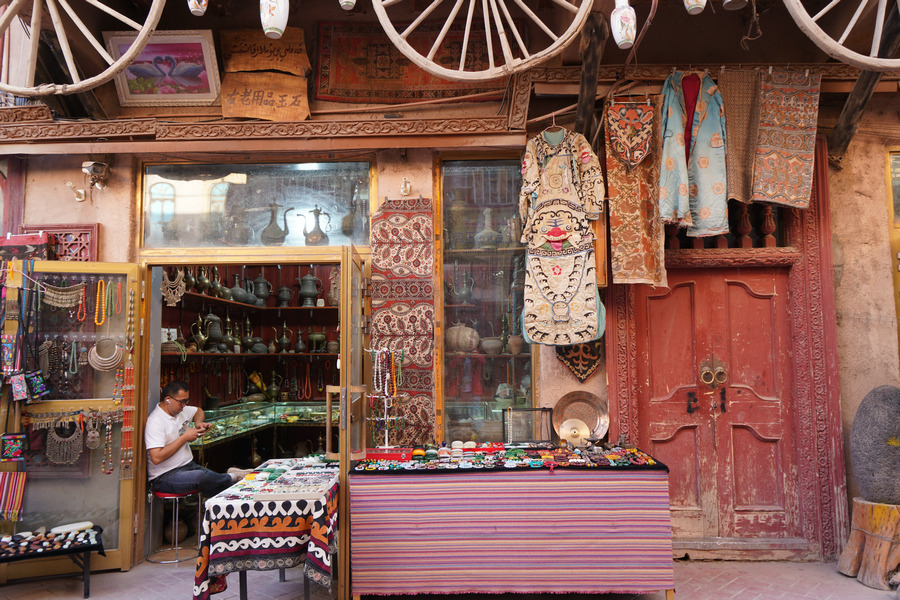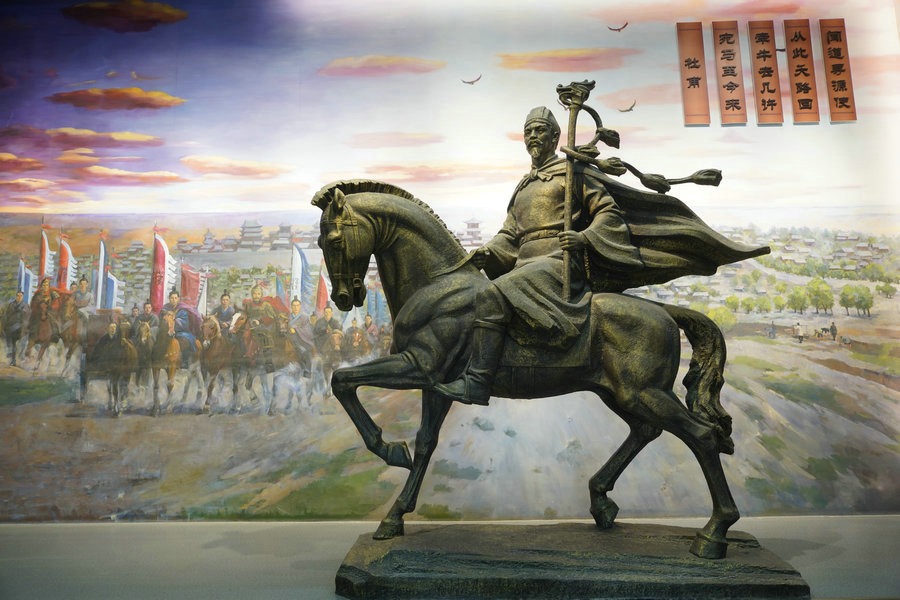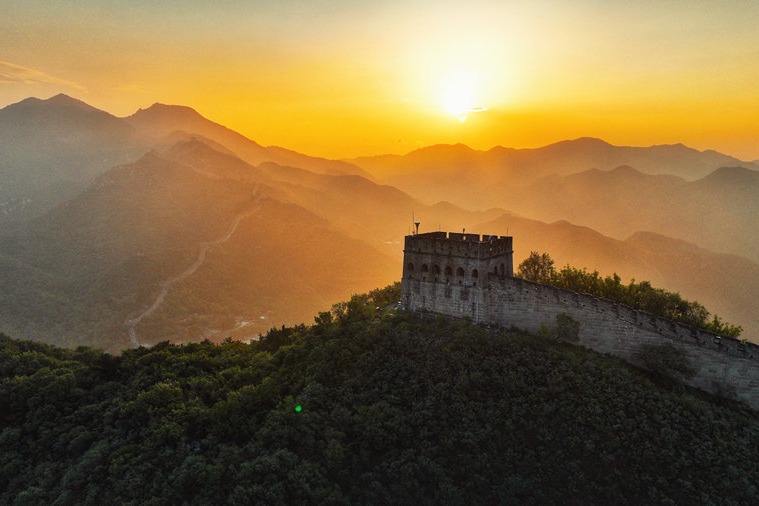Wuxi builds on its heritage
Ancient charm coexists with modernity in this 3,000-year-old city, Douglas Dueno reports.

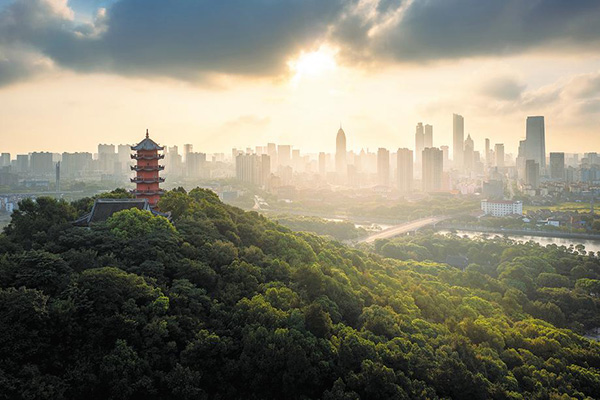
Cities always develop and change, but not always in the direction that makes them more culturally unique. To preserve or not to preserve — that is the cultural problem. Explore any new city, and one can see that urbanization often creates landscapes filled with visual faux pas, whitewashed by demanding modernism.
However, a city's reluctance to modernize may lead to the demise of its future development. It's a complex, delicate problem. But if the decisions are made right, cities can be lovely places to live and work, where wealth and culture coexist.
As China modernizes rapidly, its cities are facing exactly that challenge. Showcasing one such city can showcase all of China to the world.
Wuxi, situated on the banks of the Taihu Lake in Jiangsu province, is living proof of the old adage "if you want to know a nation, walk its streets" and is exemplary of China's past and present.
The city is well-known for its scenic beauty, lush gardens, parks and historical landmarks. It has a unique cultural legacy passed down through the generations that has been preserved even with the heavy modernization of recent years.
While the city has undergone substantial changes, it's still possible to find vestiges of its antiquity if you know where to look.
















